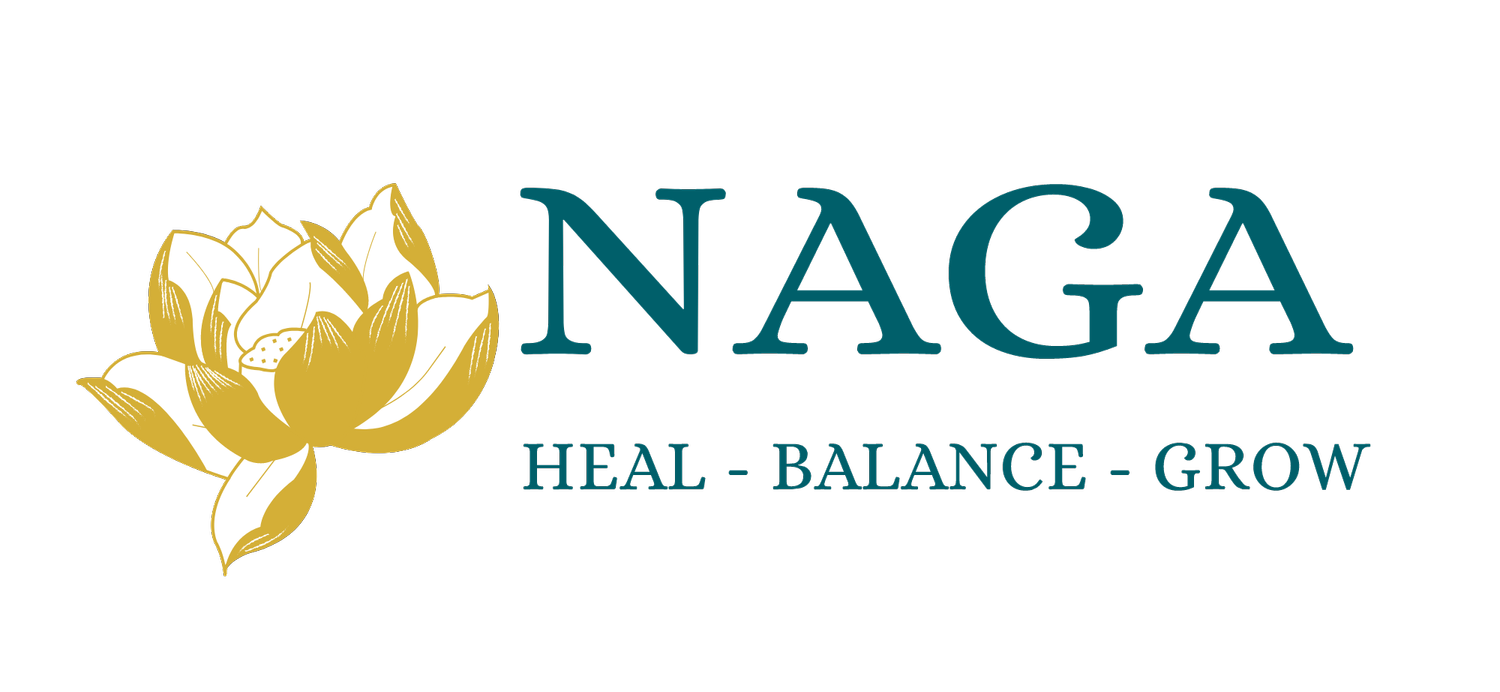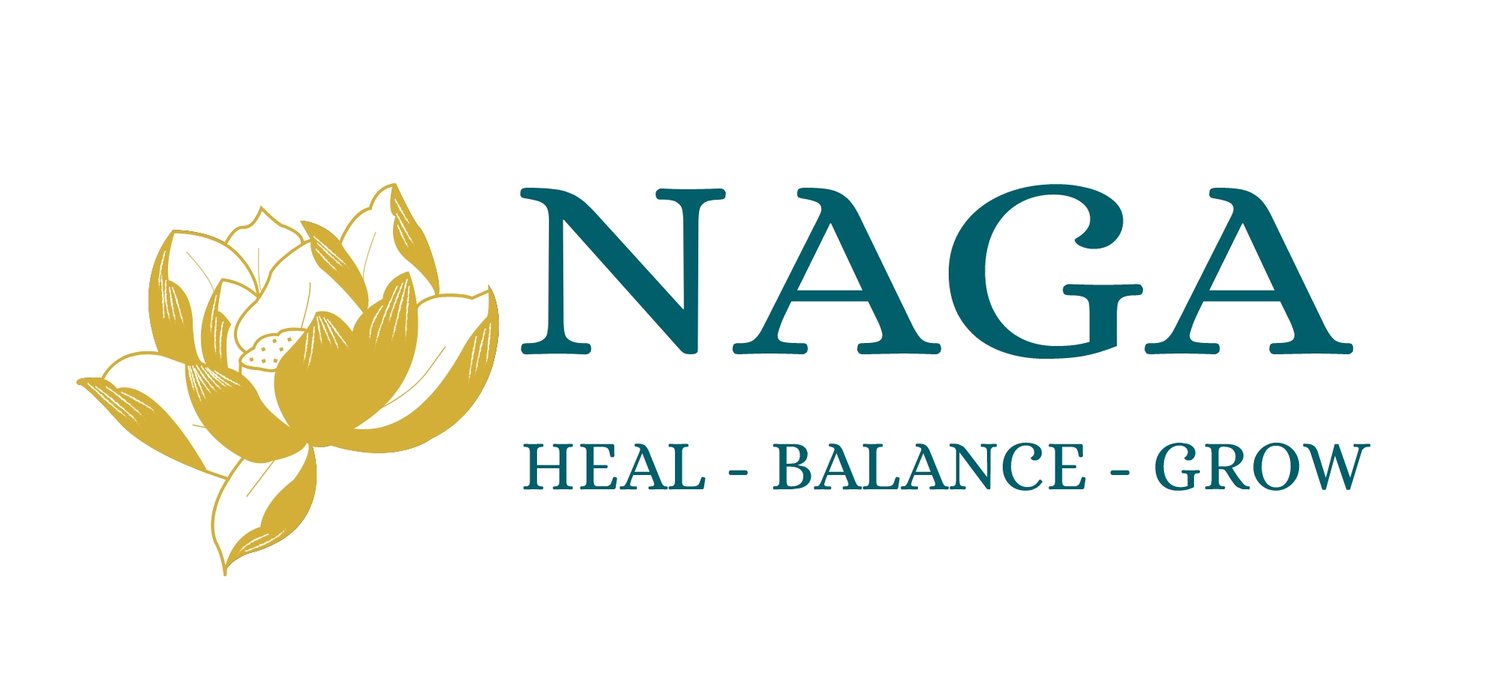The ancient art of Qi-gong
Introduction
In a world driven by technological advancements and rapid-paced living, the pursuit of balance, inner peace, and holistic well-being has gained importance. One ancient practice that continues to captivate the modern imagination is Qi Gong. Rooted in Chinese philosophy and steeped in tradition, Qi Gong offers a pathway to harnessing the body’s vital energy, enhancing physical health, and fostering a profound connection between mind, body, and spirit.
Historical Origins and Philosophical Foundations
Qi Gong, pronounced “chee gong,” is a centuries-old practice that finds its origins in ancient China. The term “Qi” refers to the vital life force or energy that flows within and around all living beings, while “Gong” translates to “skill cultivated through time and effort.” Grounded in Taoist and Confucian principles, Qi Gong emphasizes the harmonious balance between Yin and Yang, the two opposing but complementary forces that shape the universe. At the center of its philosophy sits the belief that a harmonious flow of Qi promotes health, longevity, and overall well-being.
Principles and Practices
At its core, Qi Gong involves a series of gentle and deliberate movements, breath control, and meditation techniques designed to cultivate and balance Qi. These practices are aimed at promoting the smooth flow of energy throughout the body’s meridians or energy channels (chakra’s). Qi Gong encompasses a wide range of forms and styles, each with its own set of movements and intentions. Some forms focus on enhancing physical vitality, while others emphasize mental clarity, emotional balance, or spiritual growth.
Physical Benefits
Qi Gong’s impact on physical health is one of its cornerstones. Regular practice is proven to improve circulation, enhance flexibility, and strengthen muscles and joints. By facilitating relaxation and reducing stress, Qi Gong has been associated with lower blood pressure, improved immune function, and enhanced cardiovascular health. Additionally, practitioners often report increased energy levels and a heightened sense of vitality.
Mental and Emotional Well-Being
Beyond its physical benefits, Qi Gong is renowned for its positive impact on mental and emotional well-being. The practice encourages mindfulness and presence, helping individuals cultivate a calm and focused state of mind. As practitioners synchronize their breath with movement, stress and tension are released, promoting a sense of tranquility. Over time, Qi Gong is said to enhance emotional resilience, alleviate anxiety, and foster a sense of inner peace.
Spiritual Dimension
For many, Qi Gong transcends the realm of mere physical exercise, offering a gateway to spiritual exploration. As practitioners become attuned to the flow of Qi within their bodies, they often experience a heightened sense of connection to the world around them. This spiritual dimension of Qi Gong is closely aligned with Taoist philosophy, where the cultivation of Qi serves as a means to align oneself with the natural rhythms of the universe.
Conclusion
Qi Gong stands as a testament to the enduring wisdom of ancient cultures and their profound understanding of the human experience. In a fast-paced world, the practice is a sanctuary for individuals seeking balance, renewal, and holistic well-being. Whether approached as a physical exercise, a meditation practice, or a spiritual journey, Qi Gong holds the potential to guide practitioners toward a harmonious integration of mind, body, and spirit, fostering a state of balance and vitality that resonates across all aspects of life.

